-
Get 10% off with code HELLO10OFF
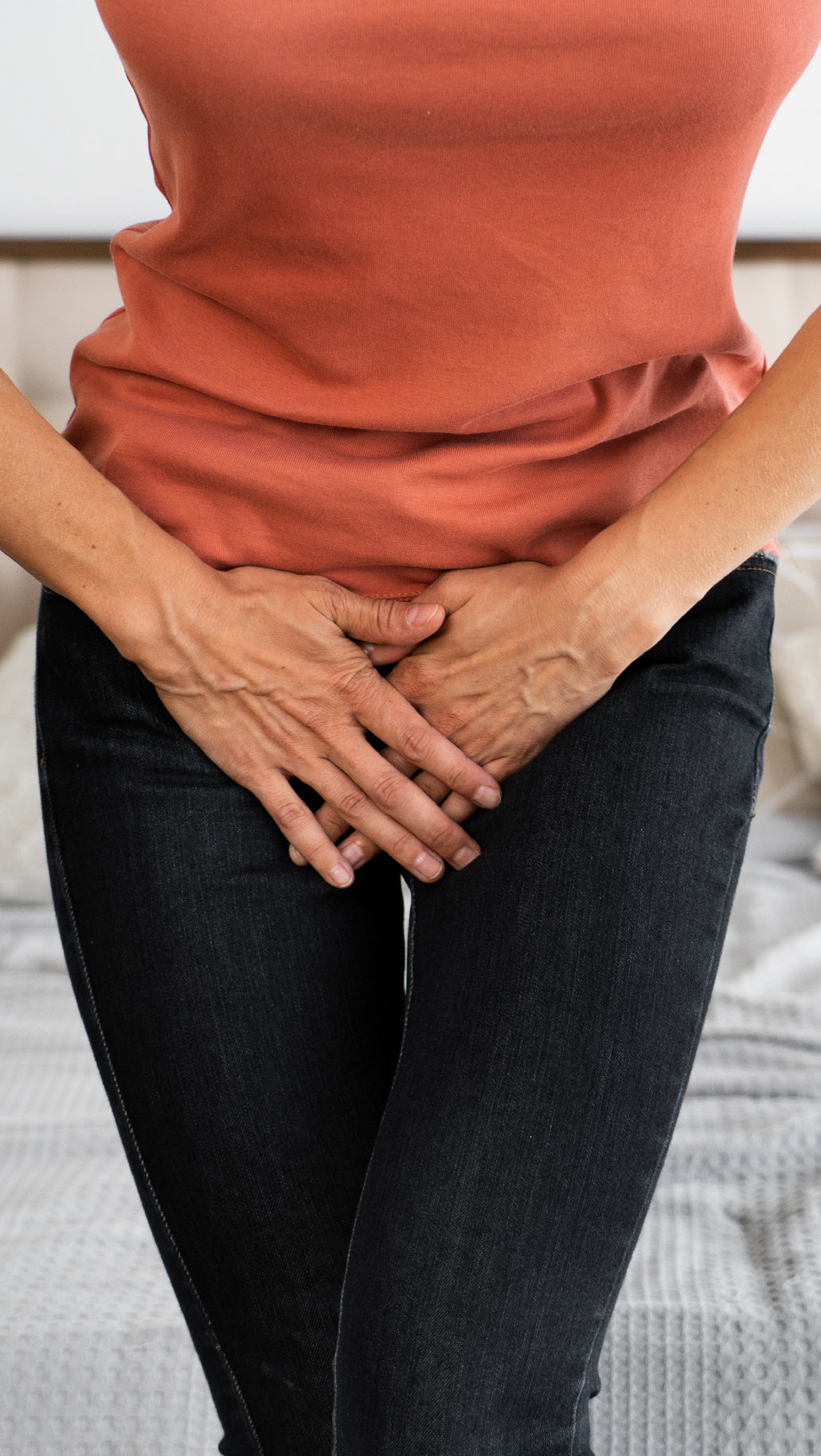
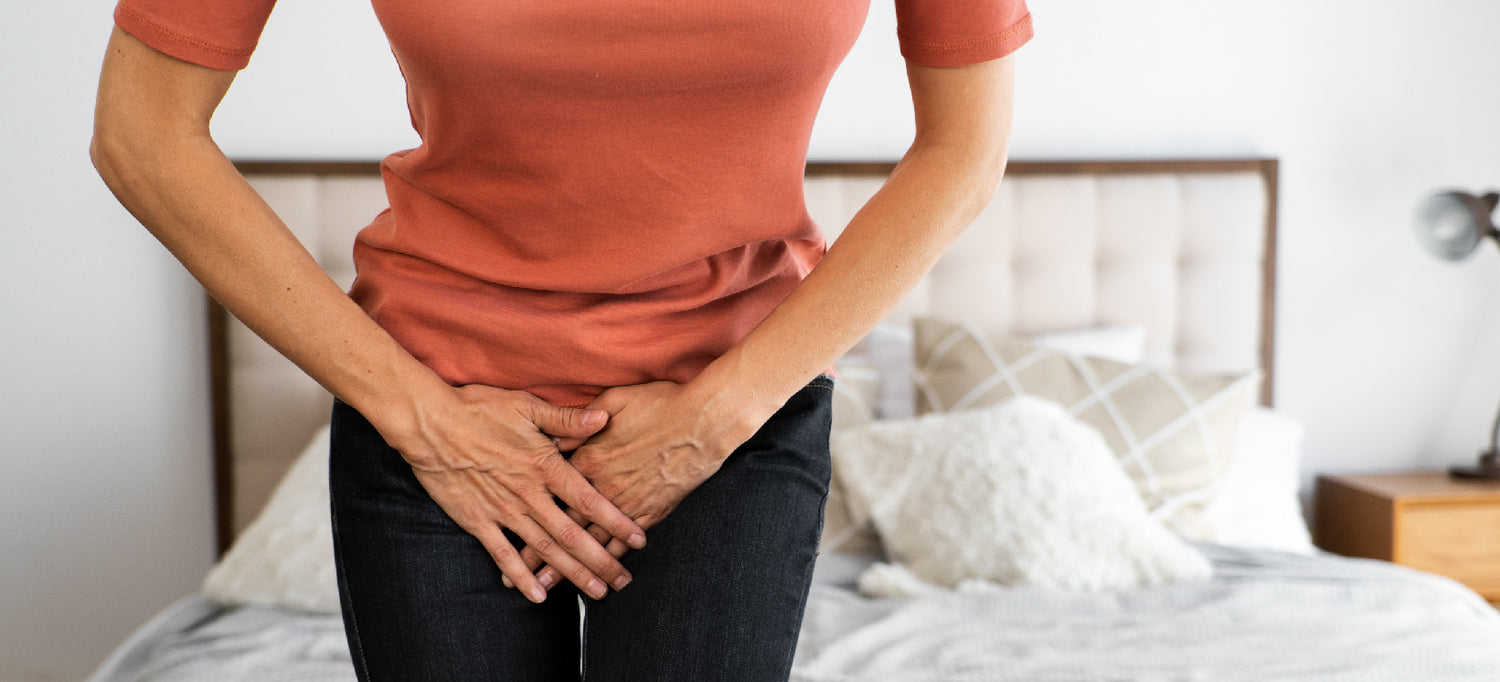
What causes vaginal dryness?
Vaginal dryness is extremely common. Vaginal dryness may be experienced as itching, burning, pain, soreness, or an overall thinning of the vulvovaginal tissues. Some women have a reduction or cessation of vaginal discharge. Others notice a marked increase in urinary tract infections (UTIs) or need to urinate. Vaginal dryness may also be referred to as vaginal atrophy. Vaginal dryness often results in pain during sex.
VAGINAL DRYNESS IS CAUSED BY:
- Declining hormone levels, notably estrogen
- Decreased blood flow
- Stress
- Inflammation
- Certain medications (antihistamines, chemotherapy, antidepressants)
Women with health conditions like diabetes and Sjogren's syndrome are prone to vaginal dryness. Women who have undergone hysterectomy are likely to experience vaginal dryness as well. Smoking also increases your likelihood of developing vaginal dryness.
What can I do about it?
If you’re experiencing vaginal dryness, be sure to discuss it with your doctor. They may be able to prescribe estrogen cream to help the situation. There are also medications known as selective estrogen receptor modulators (SERMs) that mimic the effects of estrogen on vaginal tissue, which could help to reduce dryness and pain during intercourse.
It’s important to note that while oral estrogen therapy (which is hormone replacement therapy) can be helpful for hot flashes, it really hasn't been found to help with vaginal dryness, nor is it recommended for women who've had breast cancer.
From my clinical experience, a holistic approach that includes an anti-inflammatory diet and locally applied DHEA is a game changer for a lot of women.

Other Natural Ways To Overcome Vaginal Dryness
Vaginal dryness can be painful and demoralizing. But you don’t have to deal with this feeling forever.
Try the following:
-
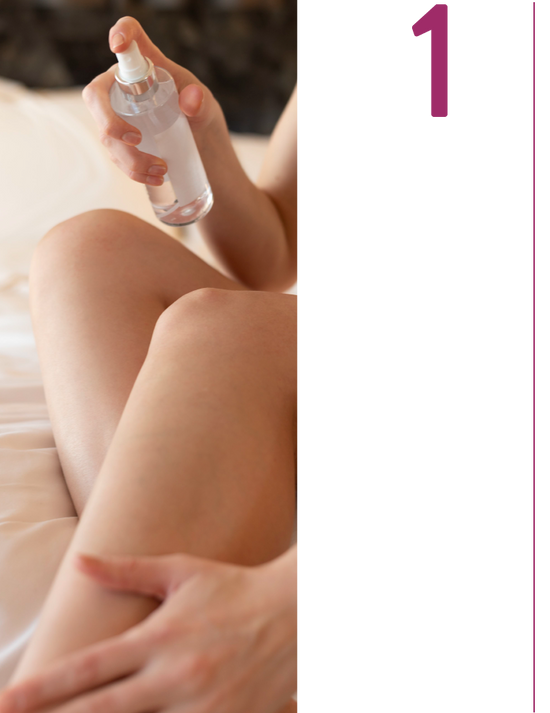
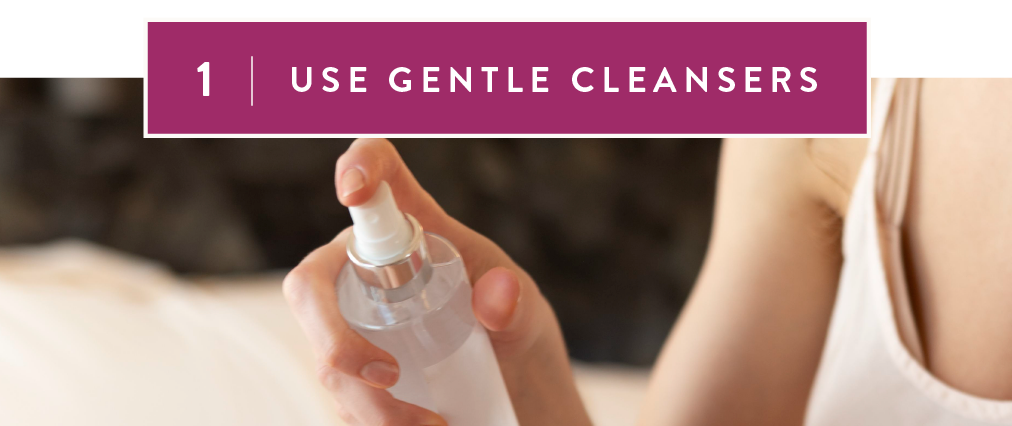
-
USE GENTLE CLEANSERS
Your vagina is actually self-cleaning. You do not need to scrub it with specialized intimate hygiene soaps. And please, do not douche. Plain water or a gentle perfume-free soap is just fine for your vulva.
For a guide to avoiding toxins in beauty products, check this out.
-
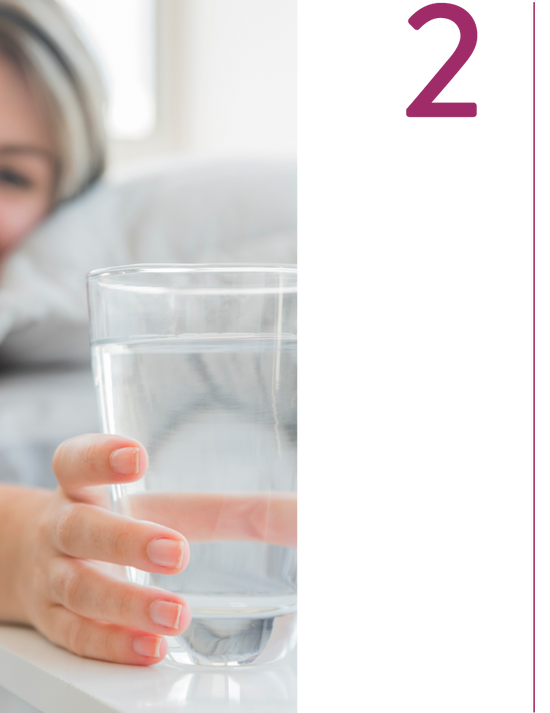
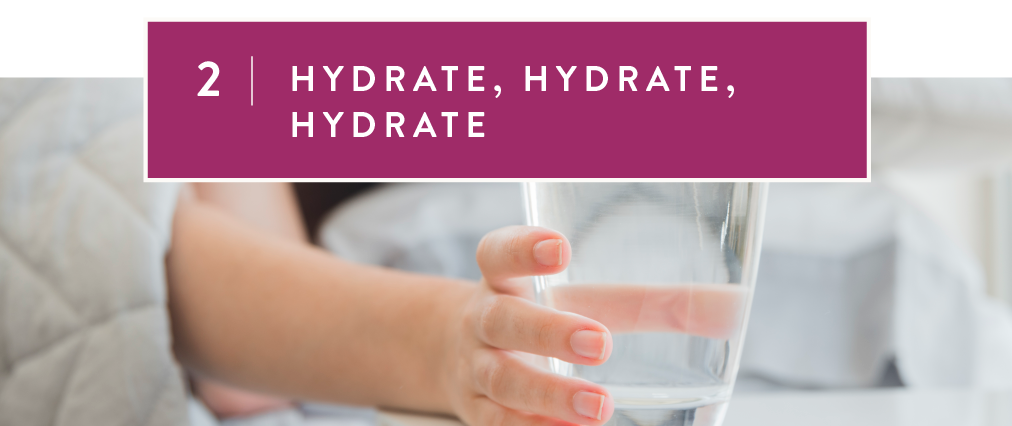
-
HYDRATE, HYDRATE, HYDRATE
Drinking plenty of water every day is crucial for keeping all of your mucous membranes lubricated properly, and that includes your vagina. Are you drinking enough?
-
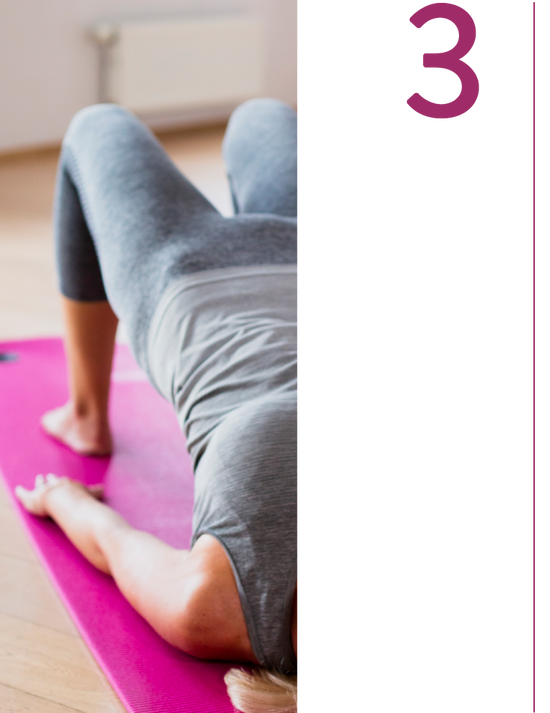
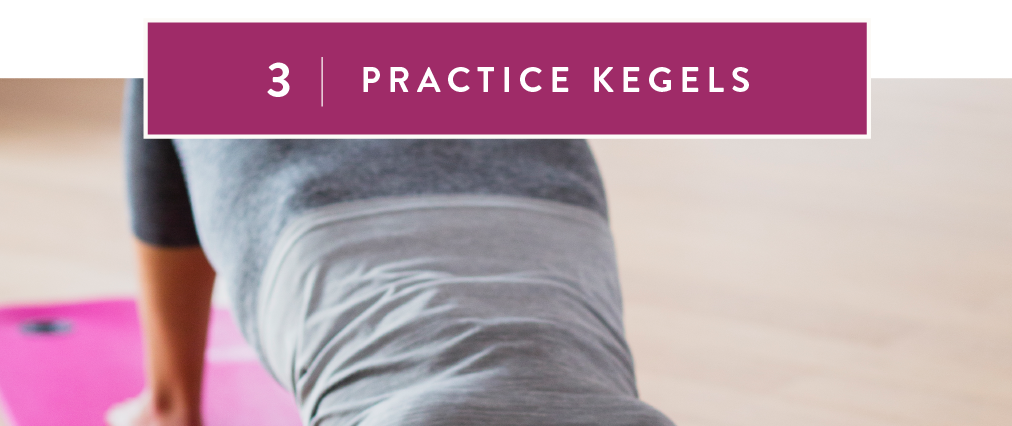
-
PRACTICE KEGELS
Pelvic floor exercises, when done properly, can help restore blood flow to the vaginal area. They can also help you increase elasticity and improve your orgasms, too.
Vaginal dryness ends here
When you’re experiencing vaginal dryness, it seriously diminishes your quality of life. From pain with sex to pain from wearing tight pants, you don’t have to put up with these frustrations. You deserve to feel your best and love your lady parts. If left untreated, vaginal dryness can lead to infections, including bacterial vaginosis, yeast infections, and urinary tract infections (UTIs), so don’t just “deal with” the problem, seek out a viable solution.







